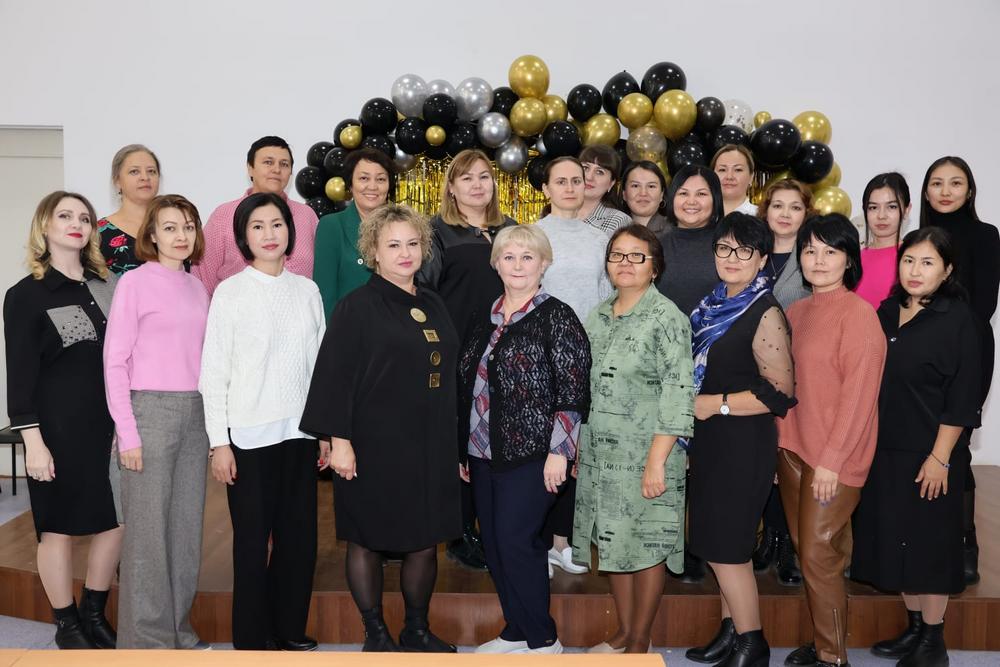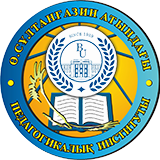The department was founded in 1966 and it is one of the leading departments of the University. Its importance in the process of training bachelors of Educational Curriculum 6B01705 - ‘Foreign Language: Two Foreign Languages’ is determined by the role that a foreign language plays in the modern world.
Teaching and methodical work occupies the main place in the activities of the Educational Curriculum (Training of Foreign Language Teachers). The teaching staff is constantly working on the development of educational and methodical materials for the subjects of Educational Curriculum 6B01705 - ‘Foreign Language: Two Foreign Languages’, e.g. educational and methodical publications, including electronic versions, all these are necessary to ensure the quality of the educational process.
Teachers of the Department of Foreign Languages introduce innovative teaching technologies and new methods of teaching, which allow activating cognitive processes, strengthening independent training, improving the quality of the educational process in the educational process.
Classes are conducted with the use of modern technologies, educational and methodical literature of the world's leading publishers (e.g. Oxford, Hueber, Longman, etc.).
Teachers constantly improve their professional skills by participating in regional, republican, international conferences, seminars and trainings, which are held by the Embassies of France and Germany in the Republic of Kazakhstan, as well as actively participate in the work of language seminars. The Department collaborates with international institutions, such as Goethe Institute, French Alliance and others.
Over the period 2019 to 2024 teachers took part and they continue taking part in educational events and courses, such as:
- Online courses on the Coursera platform (‘Vowels of American English Pronunciation’, ‘Academic Listening and Note-Taking’, ‘IELTS Preparation’, ‘Learn English: Advanced Academic Speaking and Listening’, ‘Speak English Professionally: In Person Online & On the Phone’, ‘Academic Listening and Note-Taking’, ‘High-Impact Business Writing’, etc.).
- ‘Innovative Approaches in Pedagogical Research and Teaching Professional Pedagogical Disciplines’ (Turkey).
- ‘Soft Skills of University Teachers: Development of Effective Universal skills’ (Slovakia).
- Facilitated offline course ‘English for Media Literacy’ arranged by the Association of Teachers and Teachers of English of Kazakhstan and the Regional Language Office of the US Embassy in Kazakhstan.
- Congress of German Language Teachers ‘Kazakhstan speaks German - Language (re)forms’ (Kazakhstan).
- Advanced training courses in French ‘Spring University’ (France, Uzbekistan).
- ‘Winter School for Teachers and Students - 2024’ aimed at studying modern aspects of fiction (Kazakhstan).
- ‘Neural Networks for Teachers: from Theory to Practice’ with an international internship module “Education of the Future, which has already come 2.0” (Czech Republic).
- ‘Technologies of Work of a Teacher with Students with Special educational needs in the Conditions of Inclusive Education’ (Russia).
- Online seminars devoted to modern and hot topics of methodology and techniques of teaching German as a foreign language (Germany, Kazakhstan).



